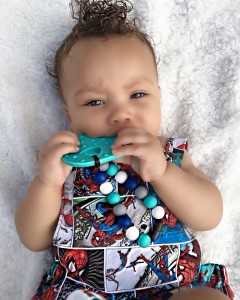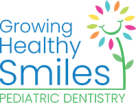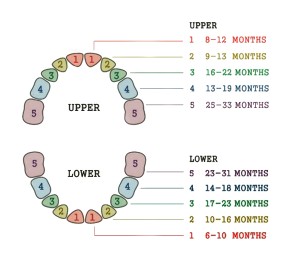What does it mean when your baby is teething?
Teething, or primary tooth eruption, is when teeth first come through a baby’s gums. It can be a frustrating time for babies and their parents. Knowing what to expect during teething and how to make it a little less painful can help.
What age is teething start?
Babies teeth start forming before they are born. Tooth buds begin growing during the second trimester. Once babies are born, the roots grow and the teeth are pushed up until they break through the gums. By the time they are 3 years old, most babies will have all their baby teeth, 20 in all.
Teething usually begins around six months of age. Although, it’s completely normal for teething to start at any time between three to 12 months of age.
What are the signs of teething?
Every baby experiences teething differently. Some babies have no symptoms, while others seem go through a lot of pain.
Some common teething symptoms your baby might experience include:
- drooling
- irritability
- swelling or redness of gums
- ear rubbing
- facial rash
- mild temperature
- sucking
- biting
Is teething painful?
Teething is normal but can often be a painful experience for infants and toddlers.
How can you help your baby feel better during teething?
There are some things you can do to help if your little one is having a difficult time during teething.

- Give them something to chew on, like a firm rubber teething ring or a cold washcloth that you’ve chilled in the refrigerator (not freezer). Chewing helps by relieving the pressure of the new teeth pressing up.
- Gently rub your child’s gums with a clean finger or a wet gauze pad.
- If your child is eating solids, you can offer cold foods, like applesauce, pureed peaches or yogurt.
- Lots of extra snuggles and kisses will help reassure and distract them.
- Learn more Tips for Helping Your Teething Toddler
If your baby exhibits these symptoms and they don’t go away or seem to be getting worse, please contact your pediatrician. There might be something else going on.
How to keep those new teeth healthy?
Primary teeth are important to your child’s future dental health because they help with proper chewing and eating and aid in speech development. Here are a few resources for keeping those new teeth healthy:
How to protect your baby’s teeth from cavities.
Why are baby teeth important?
Prevention and education are key to a lifetime of healthy smiles.
ADA teething tips

